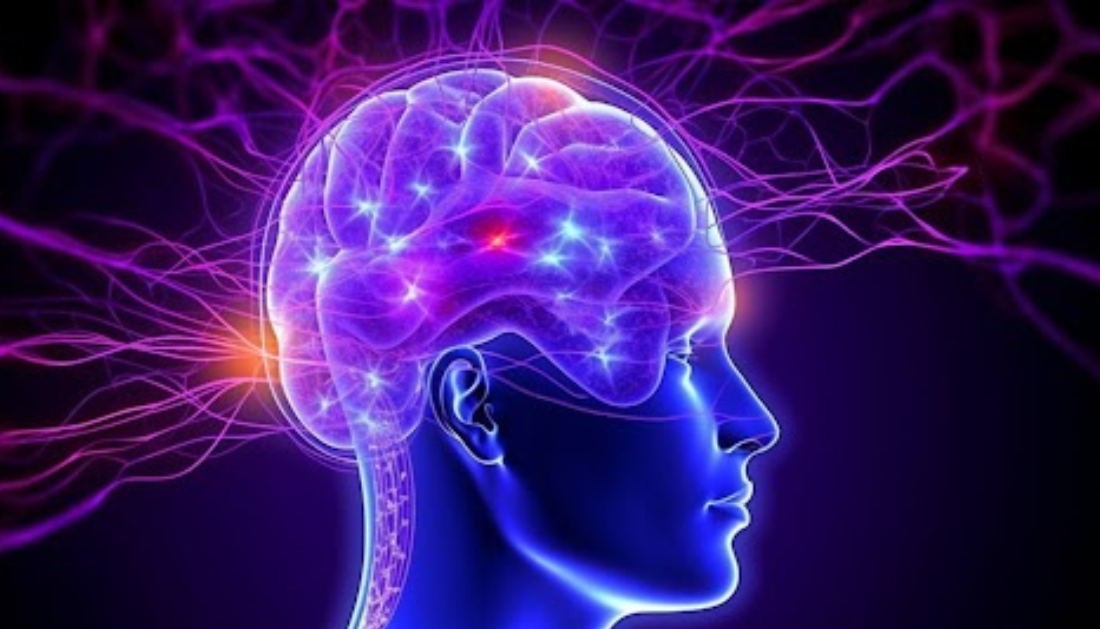

The Francis Crick Institute, UCL, and MSD researchers uncovered a potential therapy target for a genetic kind of epilepsy. Developmental and epileptic encephalopathies are rare kinds of epilepsy that begin in childhood. CDKL5 deficiency disorder (CDD), one of the most frequent types of hereditary epilepsy, causes seizures and delayed development. As there are no disease-targeting treatments for this issue, children are currently treated with generic antiepileptic drugs.
CDD is caused by the loss of activity of a gene that produces the CDKL5 enzyme, which phosphorylates proteins, which means it adds an extra phosphate molecule to modify their function. Until now, experts have been unsure how genetic abnormalities in CDKL5 cause CDD.
The researchers employed phosphoproteomics to hunt for proteins that are a target for the CDKL5 enzyme in their study, which was published in Nature Communications.
They chose Cav2.3, a calcium channel, as their target. Cav2.3 permits calcium to enter nerve cells, activating them and allowing them to transmit electrical signals. This is required for the nervous system to function properly, but too much calcium entering cells can cause over-excitability and seizures.
The researchers then recorded from the calcium channels to observe what happened when they were not phosphorylated by CDKL5. The channels could open but took a long time to close, resulting in larger and longer-lasting currents running through them. This implies that CDKL5 is required to prevent calcium influx into cells.
The researchers also employed nerve cells produced from stem cells collected from persons with CDD and found that phosphorylation of Cav2.3 was reduced. This shows that Cav2.3 function is potentially changed in both humans and mice.
Mutations in Cav2.3 that increase channel activity are previously known to cause severe early-onset epilepsy in a related disorder termed DEE69, which shares many of the same symptoms as CDD. These findings show that Cav2.3 hyperactivity is a characteristic of both illnesses, and that decreasing Cav2.3 could help with symptoms such as seizures.
“At the moment, there is a clear need for drugs that specifically target the biological nature of CDD,” stated Sila Ultanir, Senior Group Leader of the Kinases and Brain Development Laboratory at the Crick. We discovered a molecular relationship between CDKL5 and Cav2.3 mutations, which cause comparable diseases. Cav2.3 inhibition could pave the way for future targeted therapy trials.”
“Our research highlights for the first time a CDKL5 target with a link to neuronal excitability,” stated Marisol Sampedro-Castaeda, postdoctoral researcher at the Crick. Because there is some indication that this calcium channel is involved in different forms of epilepsy, we expect that Cav2.3 inhibitors will be tried more widely in the future.
“Our findings have implications for a large group of people, from the families affected by these conditions to researchers working in the rare epilepsy field.”
“MSD is proud of this innovative research that resulted from a collaboration with researchers at the Crick and UCL,” said Jill Richardson, Executive Director and Head of Neuroscience Biology at MSD. We have jointly advanced our scientific understanding of the molecular targets associated with the etiologies of Developmental Epileptic Encephalopathies—an understanding we believe will lead to scientific progress in this crucial area of high, unmet medical need.”
The researchers are now collaborating with Lario Therapeutics, a recently founded biotech startup trying to create first-in-class CaV2.3 inhibitors as precision medicines to treat CDD and associated neurodevelopmental diseases.
more recommended stories
 Vascular Health Linked to Early Alzheimer’s Brain Changes
Vascular Health Linked to Early Alzheimer’s Brain ChangesKey Takeaways Brain vascular health is.
 Red Blood Cells Improve Glucose Tolerance Under Hypoxia
Red Blood Cells Improve Glucose Tolerance Under HypoxiaKey Takeaways for Clinicians Chronic hypoxia.
 Nanoplastics in Brain Tissue and Neurological Risk
Nanoplastics in Brain Tissue and Neurological RiskKey Takeaways for HCPs Nanoplastics are.
 AI Predicts Chronic GVHD Risk After Stem Cell Transplant
AI Predicts Chronic GVHD Risk After Stem Cell TransplantKey Takeaways A new AI-driven tool,.
 Red Meat Consumption Linked to Higher Diabetes Odds
Red Meat Consumption Linked to Higher Diabetes OddsKey Takeaways Higher intake of total,.
 Pediatric Crohn’s Disease Microbial Signature Identified
Pediatric Crohn’s Disease Microbial Signature IdentifiedKey Points at a Glance NYU.
 Nanovaccine Design Boosts Immune Attack on HPV Tumors
Nanovaccine Design Boosts Immune Attack on HPV TumorsKey Highlights Reconfiguring peptide orientation significantly.
 High-Fat Diets Cause Damage to Metabolic Health
High-Fat Diets Cause Damage to Metabolic HealthKey Points Takeaways High-fat and ketogenic.
 Chronic Brain Compression Triggers Neuron Death Pathways
Chronic Brain Compression Triggers Neuron Death PathwaysKey Takeaways Chronic brain compression directly.
 Acute Ischemic Stroke: New Evidence for Neuroprotection
Acute Ischemic Stroke: New Evidence for NeuroprotectionKey Highlights A Phase III clinical.

Leave a Comment